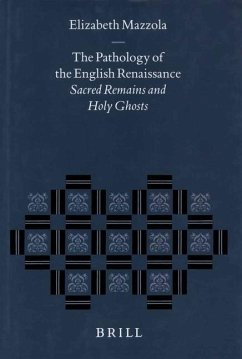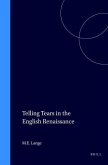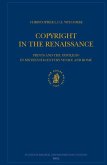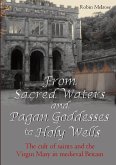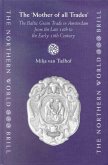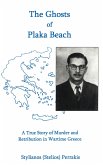This examination of the fate of lost ideas after the Protestant reformation explores what might be called the pathology of the Renaissance. The first part of the book treats Spenser's "Faerie Queene and Milton's "Paradise Lost, concentrating on vacant cultural spaces and abandoned icons to trace the gap between sacred and secular life, between poetry and belief. The second part focuses on Shakespeare's "Hamlet and Elizabeth Cary's "Tragedy of Mariam to investigate the eschatological implications of this gap, the ways that history is disentangled from memory and nostalgia severed from experience. The book challenges readings of Renaissance culture as an increasingly secular one, proposing that sacred symbols and practices still powerfully organized the English moral imagination, oriented behaviors and arranged perceptions, and specified the limits of the known world.
Hinweis: Dieser Artikel kann nur an eine deutsche Lieferadresse ausgeliefert werden.
Hinweis: Dieser Artikel kann nur an eine deutsche Lieferadresse ausgeliefert werden.

